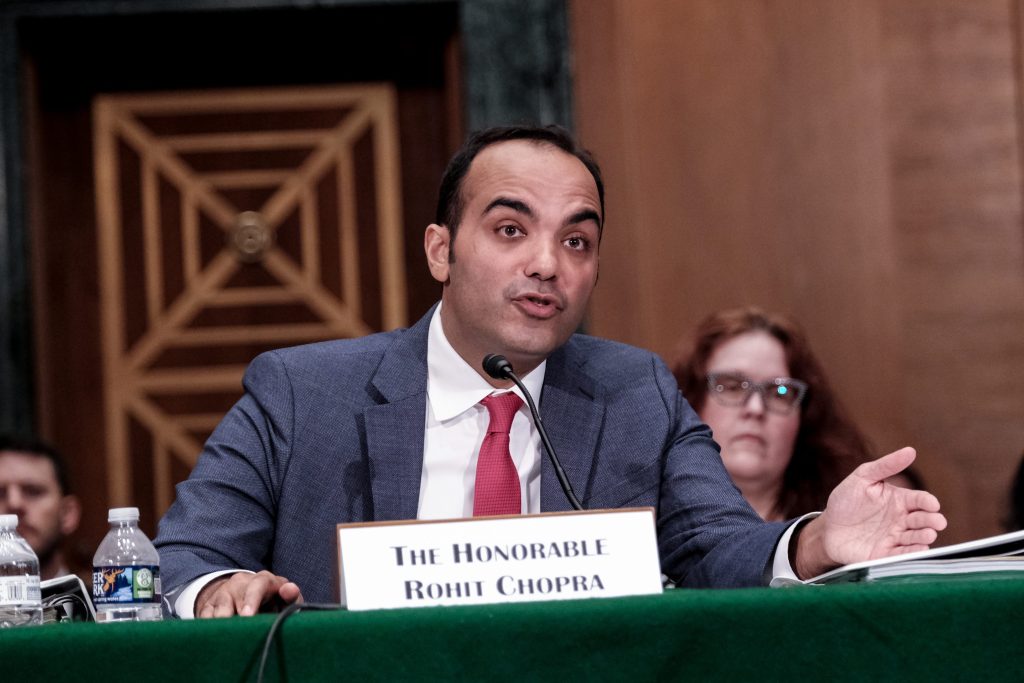The Board of Governors of the Federal Reserve System, the Federal Deposit Insurance Corporation, the Office of the Comptroller of the Currency, and the Federal Housing Finance Agency, have adopted a Notice of Proposed Rulemaking (NPR) to address incentive-based compensation arrangements, as required under section 956 of the Dodd-Frank Act.
The Federal Reserve Board and the National Credit Union Administration are expected to act on the NPR in the near future, and the SEC has included a rulemaking to implement section 956 on its rulemaking agenda.
The current NPR re-proposes the regulatory text previously proposed in June 2016, and seeks public comment on certain alternatives and questions.
Risk-based comp structures
Section 956 requires the six federal regulators mentioned above to jointly prescribe regulations or guidelines with respect to incentive-based compensation practices at certain financial institutions that have $1 billion or more in assets.
The proposed rule includes prohibitions intended to make incentive-based compensation arrangements more sensitive to risk.
These include a prohibition on incentive-based compensation arrangements that do not include risk adjustment of awards, a deferral of payments, and forfeiture and clawback provisions.
The prohibitions emphasize the important role of sound governance and risk management control mechanisms, and added disclosure and recordkeeping requirements in the proposed text are designed to assist the regulator in identifying and monitoring areas of potential concern.
“The provisions are especially important to ensure that highly paid executives have enough skin in the game, putting their own financial stakes at risk if their financial institution is plagued by scandal.”
Rohit Chopra, Director, CFPB
In the press release submitted by the agencies, they say the prohibitions will “help safeguard covered institutions from the types and features of incentive-based compensation arrangements that encourage inappropriate risks.”
The recordkeeping and disclosure requirements in the proposed regulatory text are expected to assist the appropriate federal regulator in monitoring and identifying areas of potential concern at covered institutions.
Wells Fargo scandal
In his role as the director of the Consumer Financial Protection Bureau, Rohit Chopra sits on the FDIC Board of Directors. He issued a statement on the proposed rules regarding Wall Street compensation and bonuses by reminding Americans of the Wells Fargo fake accounts scandal – an example of compensation incentives that created risks to the public.
He also mentioned the failure of Silicon Valley Bank last year, in which executive compensation put a premium on short-term profits over long-term sustainability.
He points out that the new proposal requires a delay in paying out a portion of an executive’s or employee’s bonus package. He is interested in receiving comments on whether those submitting their opinions think a larger portion of these bonuses should be delayed and paid out over a longer period of time.
“These provisions are especially important to ensure that highly paid executives and employees have enough skin in the game, putting their own financial stakes at risk if their financial institution is plagued by scandal,” Chopra said.
Once the NPR is adopted by all six agencies, it will be published in the Federal Register with a comment period of 60 days following publication. Until then, each agency acting on the NPR will make it available on their respective website, and will accept comments there.
Author’s note
The proposal, including the decision to move forward without the Federal Reserve Board and SEC, has been criticized by the banking industry. The American Bankers Association, for its part, said the proposal fails to consider individual banks’ business models and risk profiles.


